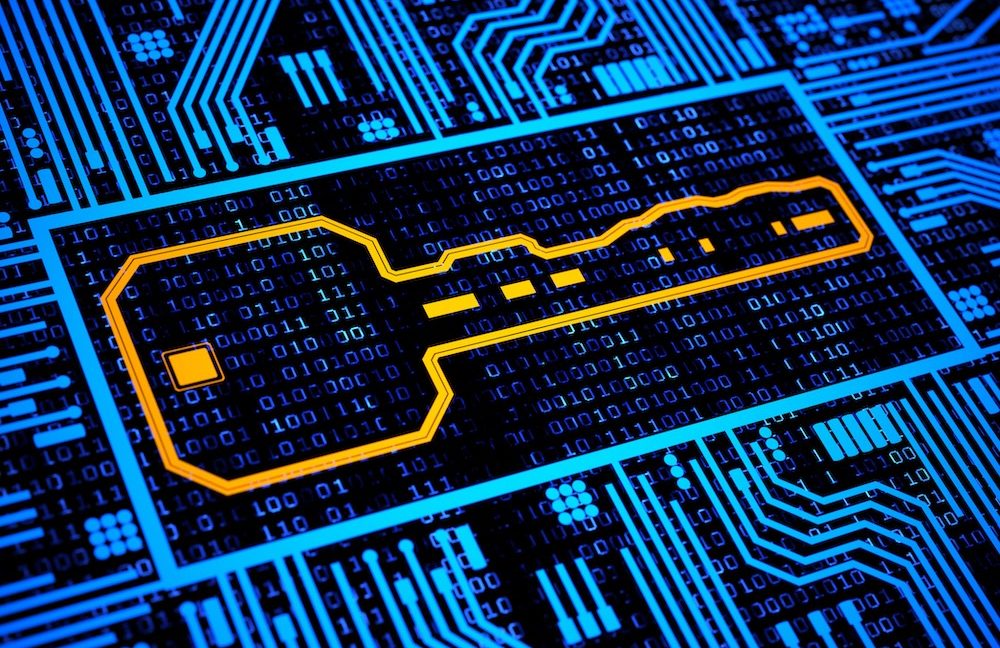As a reminder, current estimates are that quantum cracking of a single 2048-bit RSA key would require a computer with 20 million qubits running in superposition for about eight hours. For context, quantum computers maxed out at 433 qubits in 2022 and 1,000 qubits last year. (A qubit is a basic unit of quantum computing, analogous to the binary bit in classical computing. Comparisons between qubits in true quantum systems and quantum annealers aren’t uniform.) So even when quantum computing matures sufficiently to break vulnerable algorithms, it could take decades or longer before the majority of keys are cracked.
The upshot of this latest episode is that while quantum computing will almost undoubtedly topple many of the most widely used forms of encryption used today, that calamitous event won’t happen anytime soon. It’s important that industries and researchers move swiftly to devise quantum-resistant algorithms and implement them widely. At the same time, people should take steps not to get steamrolled by the PQC hype train.



Nothing, he will be dead. Anyone that NSA would bother to use their new and expensive quantum machines on will be an organization that should know better than to be compromised by decades old secrets getting out.
You’re no fun, orange turnip was merely an example of a bad actor getting control (going Reagan would be confusingly amusing) and it’s not about anyone in particular, more so the entire worlds’ dirty laundry out to dry